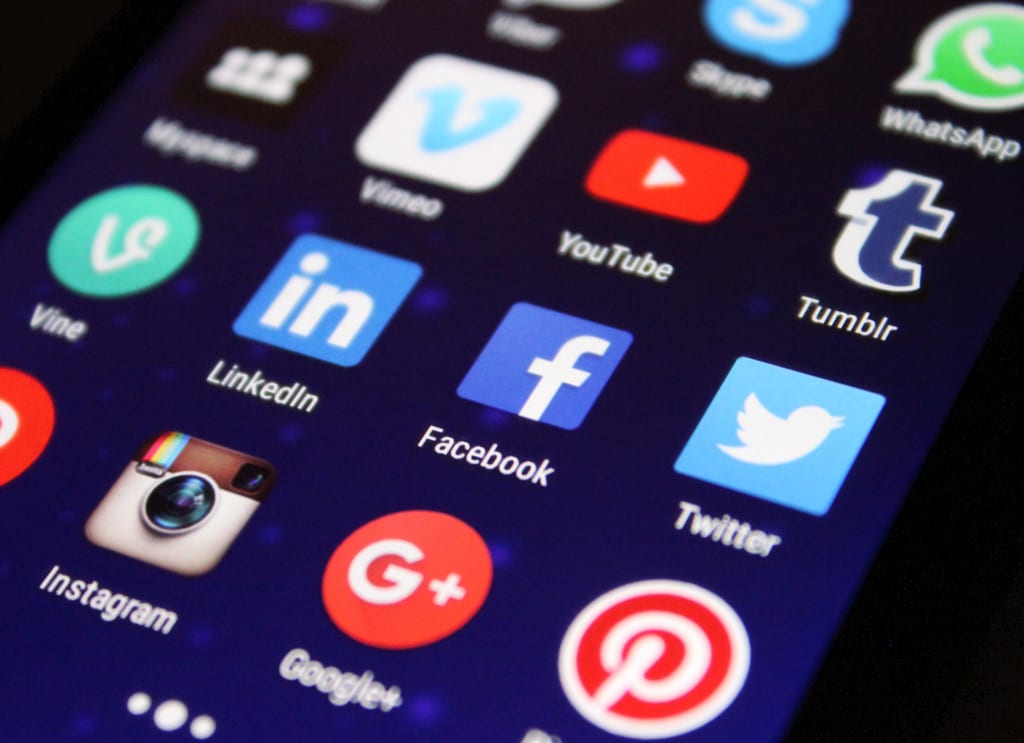The role of social media in fueling political polarization
Social Media

The role of social media in fueling political polarization has become more and more apparent in recent years. Social media has transformed the way people consume and share information, and as a result, political opinions are becoming more polarized and extreme. The vast reach and accessibility of social media platforms have allowed individuals to connect and engage with others who share their viewpoints, which has led to a self-reinforcing cycle of political divisiveness.
In this article, we will explore the ways in which social media is fueling political polarization and the impact this is having on society. We will also examine strategies that can be used to mitigate the negative effects of social media on political discourse.
The Spread of Misinformation
One of the most significant ways in which social media is fueling political polarization is through the spread of misinformation. Social media platforms like Facebook, Twitter, and Instagram are all designed to show users content that they are likely to engage with. As a result, content that is more sensational or controversial is often given priority in users' newsfeeds.
This has created an environment in which fake news stories and conspiracy theories can spread rapidly across social media. In some cases, these false narratives can become so widespread that they take on a life of their own. This is particularly true in the case of political events like elections, where misinformation can be used to manipulate public opinion and sway the outcome of an election.
The Echo Chamber Effect
Another way in which social media is fueling political polarization is through the creation of echo chambers. Echo chambers are spaces where individuals are only exposed to information and opinions that confirm their existing beliefs. This is often reinforced by algorithms that prioritize content based on a user's previous interactions.
As a result, individuals on social media are increasingly isolated from opposing viewpoints. This can lead to a reinforcement of extreme opinions and a reduction in empathy for those with differing viewpoints. Over time, this can lead to a more polarized and divided society.
The Impact on Political Discourse
The impact of social media on political discourse has been profound. Social media has made it easier than ever before to silo oneself into a newsfeed that confirms one's existing political beliefs. This has led to an increase in political polarization and a reduction in the ability of individuals to engage in rational discourse.
This is particularly true in the case of issues that are divisive and controversial. Social media has made it easier for individuals to resort to ad hominem attacks and other forms of aggressive discourse rather than engaging in thoughtful conversation. This can lead to a further erosion of trust in democratic institutions and government.
Mitigating the Negative Impact of Social Media
While the negative impact of social media on political discourse is clear, there are strategies that can be used to mitigate this impact. Here are a few examples:
1. Promote Media Literacy: Promoting media literacy can help individuals develop critical thinking skills and become better equipped to separate fact from fiction. This can reduce the spread of misinformation and make it less likely that individuals will be swayed by false narratives.
2. Encourage Empathy: Encouraging empathy can help to break down the echo chambers that are so prevalent on social media. By encouraging individuals to see the world through the eyes of others, it becomes easier to engage in respectful and productive political discourse.
3. Use Social Media Responsibly: Finally, it's up to individuals to use social media responsibly. This means avoiding extremist content and avoiding the spread of misinformation. It also means engaging with individuals with differing viewpoints in a respectful manner, rather than resorting to ad hominem attacks.
Conclusion
The role of social media in fueling political polarization is a complex issue that requires careful consideration. While social media has undoubtedly contributed to the division between political groups, it also has the potential to bring people together. By promoting media literacy, empathy, and responsible social media usage, it is possible to mitigate the negative impact of social media on political discourse.
Ultimately, it's up to individuals to be responsible when using social media. By treating others with respect and engaging in thoughtful and respectful political discourse, we can begin to reduce the polarization that has come to define our political landscape.






Comments
There are no comments for this story
Be the first to respond and start the conversation.